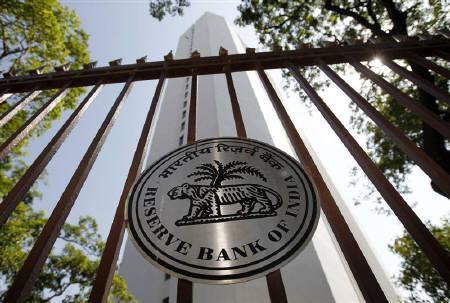
The Reserve Bank of India has brought about many new directives and guidelines in order to curb speculation in the property market as the sector stands poised for a revival post recession recovery.
One of the guidelines that have dampened the mood of real estate developers as well as prospective home buyers is the exclusion of stamp duty, registration fees and all other allied charges while calculating the Loan to Value when taking a home loan.
...

Understanding the loan to value
Simply stated the Loan to Value (LTV) is the ratio of the amount that you wish to borrow for a home to the actual value of the home. The LTV can be calculated from the actual worth of the home, the mortgage being taken and the down payment that has been made prior to the loan.
For example - the value of a house is Rs 40,00,000/- and a down payment of Rs 400,000/- has been made a loan of the balance amount that is Rs 36,00,000 is being sought. In this case the LTV comes to be Rs 36,00,000/- of the actual value of Rs 40,00,000/- which works out to 90 per cent. Thus the LTV is 90 per cent.
...

What the new RBI guidelines implies
On the issue of LTV the RBI has made the following statement on February 03, 2012 vide their circular "RBI/2011-12/383 DBOD.No.BP.BC. 78 /08.12.001/2011-12" -- "In this connection, it has been brought to our notice that banks adopt different practices for deciding the value of the house property while sanctioning housing loans.
Some banks include stamp duty, registration and other documentation charges in the cost of the house property. This overstates the realisable value of the property as stamp duty, registration and other documentation charges are not realisable and consequently the margin stipulated gets diluted.
Accordingly, banks should not include these charges in the cost of the housing property they finance so that the effectiveness of LTV norms is not diluted."
...

This guideline implies that the borrowers will now have to pay a higher amount from their resources as the loan that can be approved by the banks will be reduced by about 5 per cent to 10 per cent.
The stamp duty varies from 5 to 10 per cent of the value of the property and the registration fees are about 5 per cent of the value. Additionally there are a few charges such as VAT and service charges of about 2 per cent which may be applicable in certain cases.
All these charges were earlier included in the total cost of the house and then 80 per cent of the total cost was financed by the banks.
...

This new guideline will exclude such charges while calculating the value of the property and these expenditures will have to be borne by the burrower. Thus the buyer's contribution will increase from a pervious figure of 10 per cent to 15 per cent to about 20 per cent to 25 per cent of the value of the property.
The real estate developers are also apprehensive about the impact of these new guidelines and feel that the move may adversely affect the sales. This additional burden in the down payment structure may discourage the buyers from taking a loan and buying a house for themselves.
However the banks are confident that there will not be much impact as the buyer is now actually taking a smaller loan which will imply lesser interest and smaller EMIs.
...

Why such a guideline from RBI
The RBI has stated two primary reasons for taking such a step in the current financial situation. Firstly this will discourage speculation in the housing sector and people will use home loans for buying houses to reside and not as an investment in this booming sector.
The second aim of the RBI in this guideline is to keep the lending market protected in case of a surge of defaulters and delinquency.
Such a move will ensure that the burrower is taking a loan that he is actually capable of repaying and in case he does not the bank is in a position to retrieve its money by disposing the property to recover a lower loan amount.
...